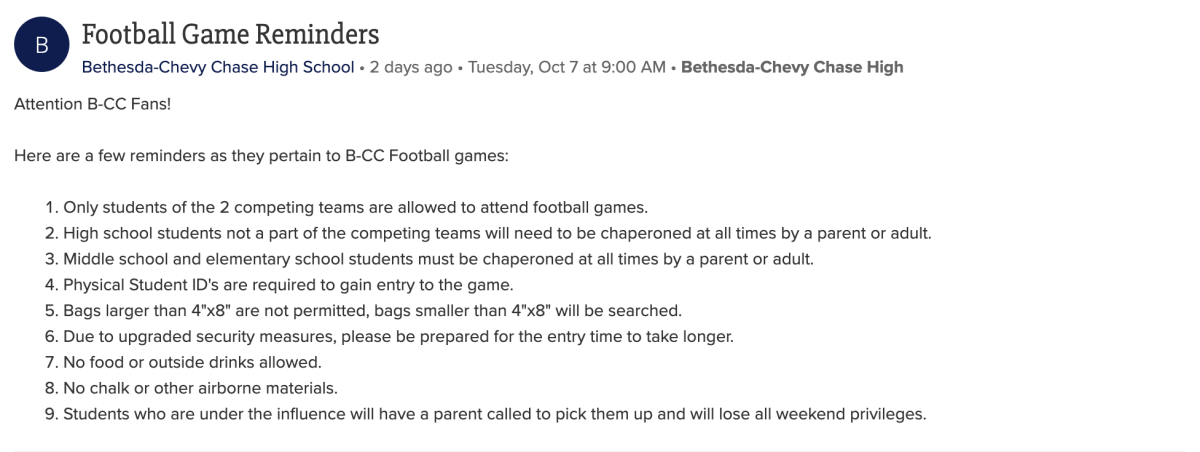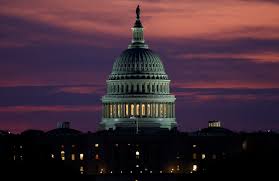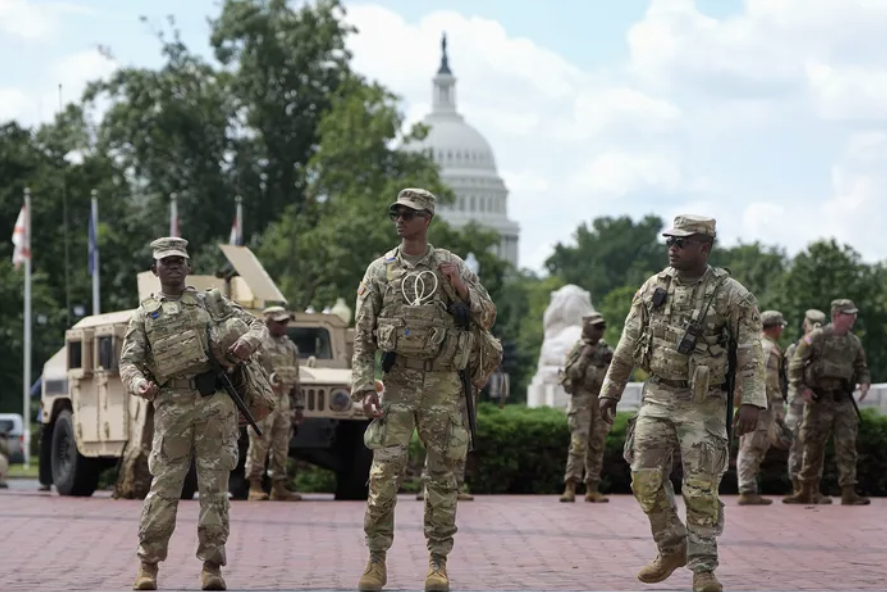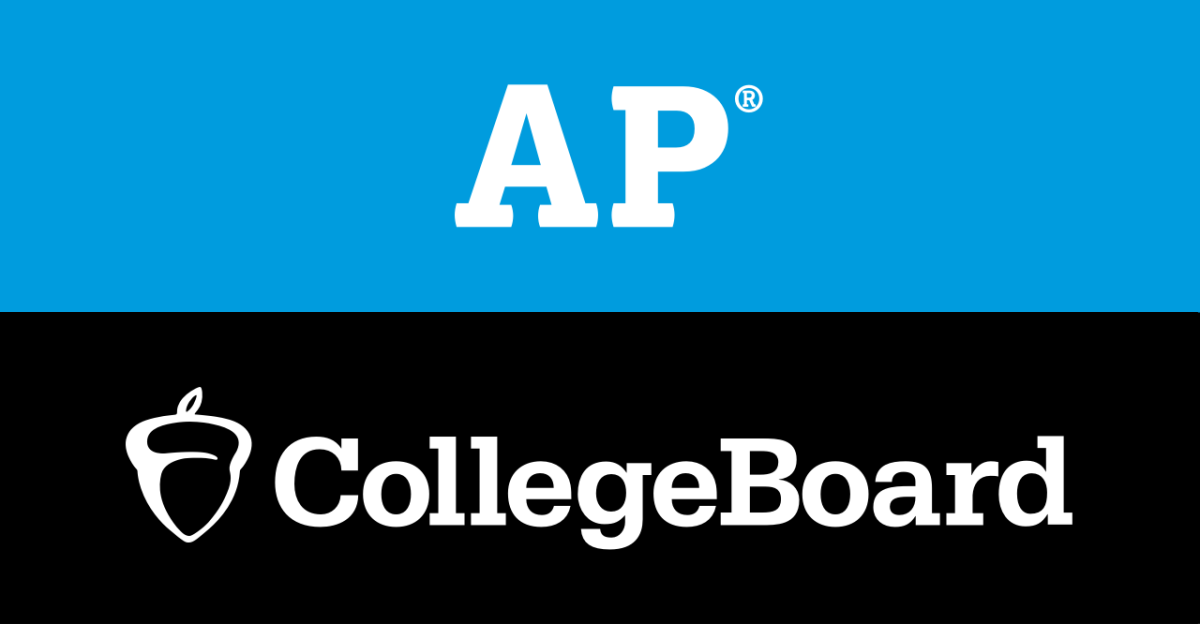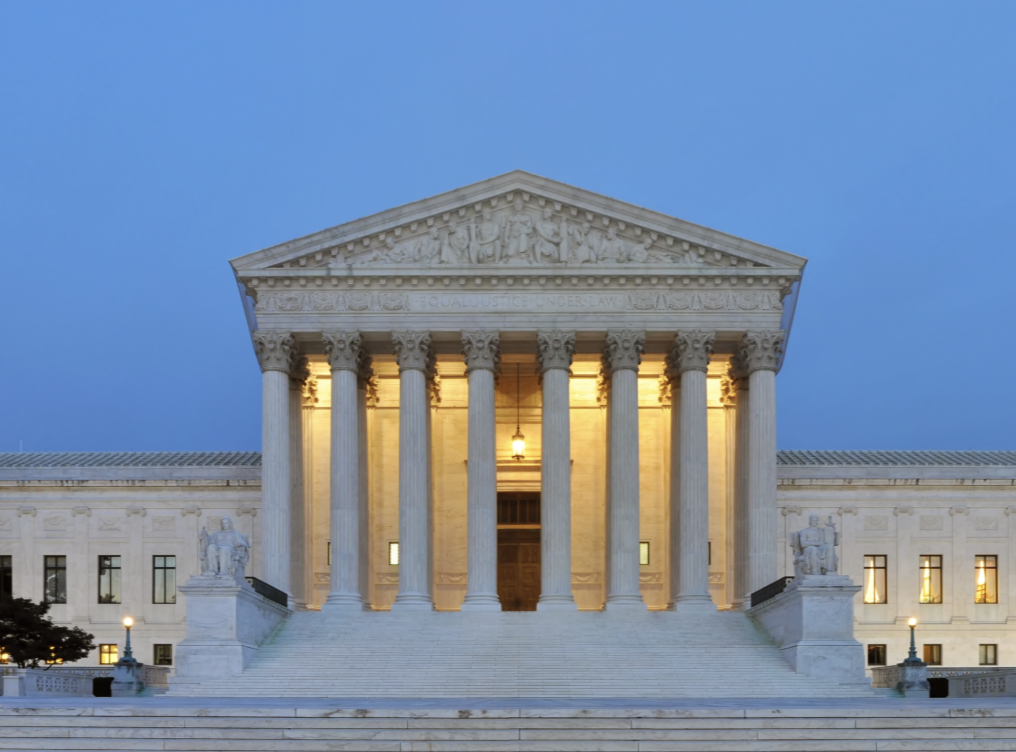On January 17, the Supreme Court agreed to hear a case against MCPS, Mahmoud v. Taylor. This lawsuit was brought against MCPS by a group of parents who want to exempt their children from lessons involving books that discuss LGBTQ+ people on religious grounds. Before March of 2023, principals at some schools notified parents when teachers would read the above materials, and offered parents the opportunity to opt-out. In March of 2023, MCPS issued a policy stating that opt-outs would no longer be allowed and that parents would no longer be notified when their child’s class read books discussing LGBTQ+ people. MCPS based this decision on the idea that educating students about LGBTQ+ people is necessary for a cohesive school environment that feels welcoming to all students. MCPS also stated that allowing opt-outs would strain teachers and schools logistically and alienate students.
Following MCPS’s decision not to allow opt-outs, a group of parents sued the school system in May 2023. The parents argued that prohibiting parents from opting out infringed on their First Amendment freedom of religious exercise. In defense of its policy, MCPS asserted that the plaintiffs’ argument was contrary to decades-old precedent stating that parents’ religious freedom is not infringed if they find educational material offensive. In their amicus briefs, LGBTQ+ advocacy groups argued that allowing opt-outs would make schools less welcoming to students who identify as LGBTQ+, who are already at statistically higher risk of mental health struggles.
In June of 2023, parents in favor of the opt-out held a rally in front of MCPS’s headquarters during a meeting, demanding a return to the opt-out policy. In August of 2023, the District Court of Maryland ruled against the parents’ request for a preliminary injunction, which would have temporarily restored the opt-out until the court resolved the case. The court stated that there was insufficient evidence to prove that the no opt-out policy infringed on the parents’ First Amendment right to religious freedom.
On October 31, 2023, the Attorney General of Maryland, Anthony G Brown, and 18 other Attorneys General filed an amicus brief supporting the school system’s position. On May 14, 2024, the Fourth Circuit Court of Appeals affirmed the district court’s decision. The parents subsequently petitioned the Supreme Court for a writ of certiorari, asking the court to hear the case. On Friday, January 17th, 2025, the Supreme Court agreed.
The vast majority of courts have held that religious freedom is only violated in the classroom if the educational content favors a particular religion, or encourages students to violate their religious principles. The books deemed offensive by the plaintiffs in Mahmoud are secular, and, as discussed above, existing case law suggests that secular material does not violate religious freedom, with one notable exception. One case cited by the plaintiffs, Wisconsin v. Yoder (1972), held that an Amish family’s freedom of religion rights outweighed the importance of their children’s compulsory education past the eighth grade.
This Supreme Court will hear the case against a backdrop of recent executive actions by President Trump against LGBTQ+ students and people, including the rollback of a Biden Administration Executive Order combating discrimination based on sexual orientation and gender identity. The Trump administration has also announced plans to recognize only male and female gender markers on IDs, which cannot change. On January 9th, a Kentucky Court vacated Biden’s Department of Education regulation that Title IX of the Civil Rights Act of 1964 prohibits discrimination based on gender identity and sexual orientation. The Supreme Court will hear this case later this term, but the exact date is unclear. No matter the outcome, Maryland state law and regulations protect students from discrimination and retaliation based on sexual orientation and gender identity.



